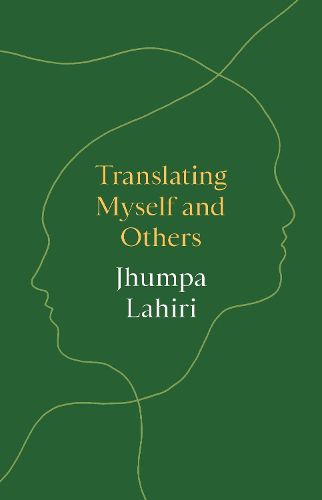Translating Myself and Others by Jhumpa Lahiri
Admirers of Jhumpa Lahiri’s work might mistakenly think that working in languages other than English was a new direction for her, but as she recounts in Translating Myself and Others, when she was writing her wonderful short story collection Interpreter of Maladies, she was in fact already translating her character’s thoughts and dialogue from Bengali into English. Lahiri is drawn to the act of translation, and writers who ‘lived, read, thought and worked among different languages’. Translating informs her writing: ‘[it] shows [her] how to work with new styles and forms, how to take greater risks’ and how ‘translating goes under the skin and shocks the system’.
Translating Myself and Others concentrates on her work with Italian, which transformed her linguistic landscape: ‘[the language] did not simply change my life; it gave me a second life, an extra life’. She has taught subjects on translation at Princeton University since 2015, and, in addition to writing and translating her own novel Dove Mi Trovo (Whereabouts), has translated three excellent novels by Domenico Starnone – Ties, Trick and Trust – and The Penguin Book of Italian Short Stories, which was extremely popular with Readings customers a few summers ago. In this collection of essays, Lahiri gives insights into her processes, as well as penetrating and perceptive thoughts on the act of translating that will be especially illuminating for readers who enjoy translated works.
In one essay, Lahiri finds an analogy between writer and translator in Ovid’s treatment of Narcissus and Echo in Metamorphoses – a work that Lahiri is currently translating. In this essay she muses on how the translator is often required to erase themselves, revealing how she herself was criticised for writing a prologue to her translations of Starnone’s novels. But she argues that while a translation will always be subordinate to the original text, the ‘ongoing, updated echo of translation is critical to sustaining great works of literature, to celebrating and spreading their significance across space and time’.


